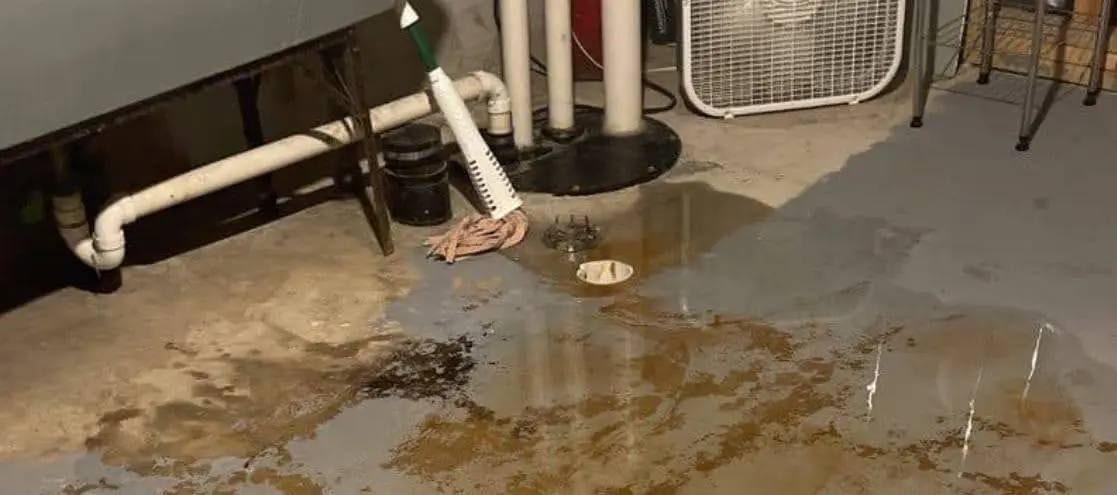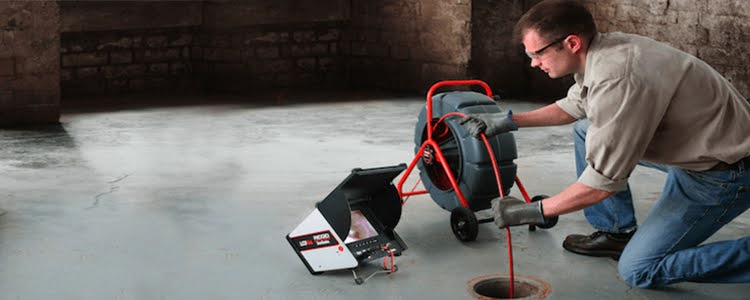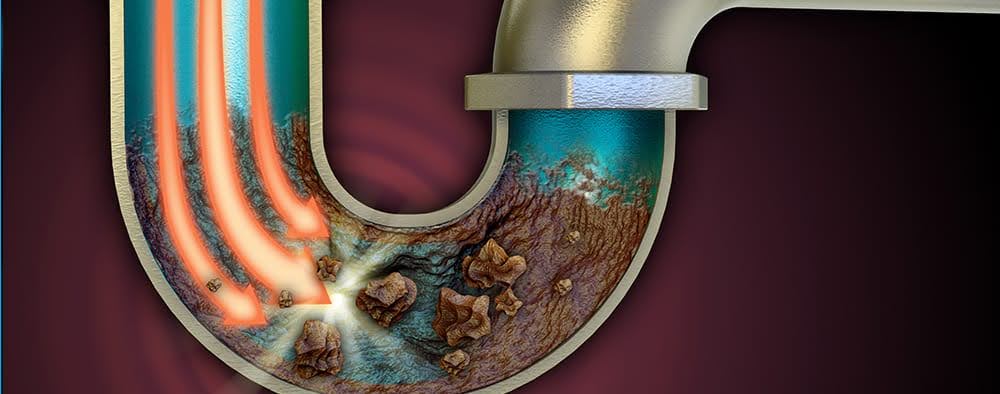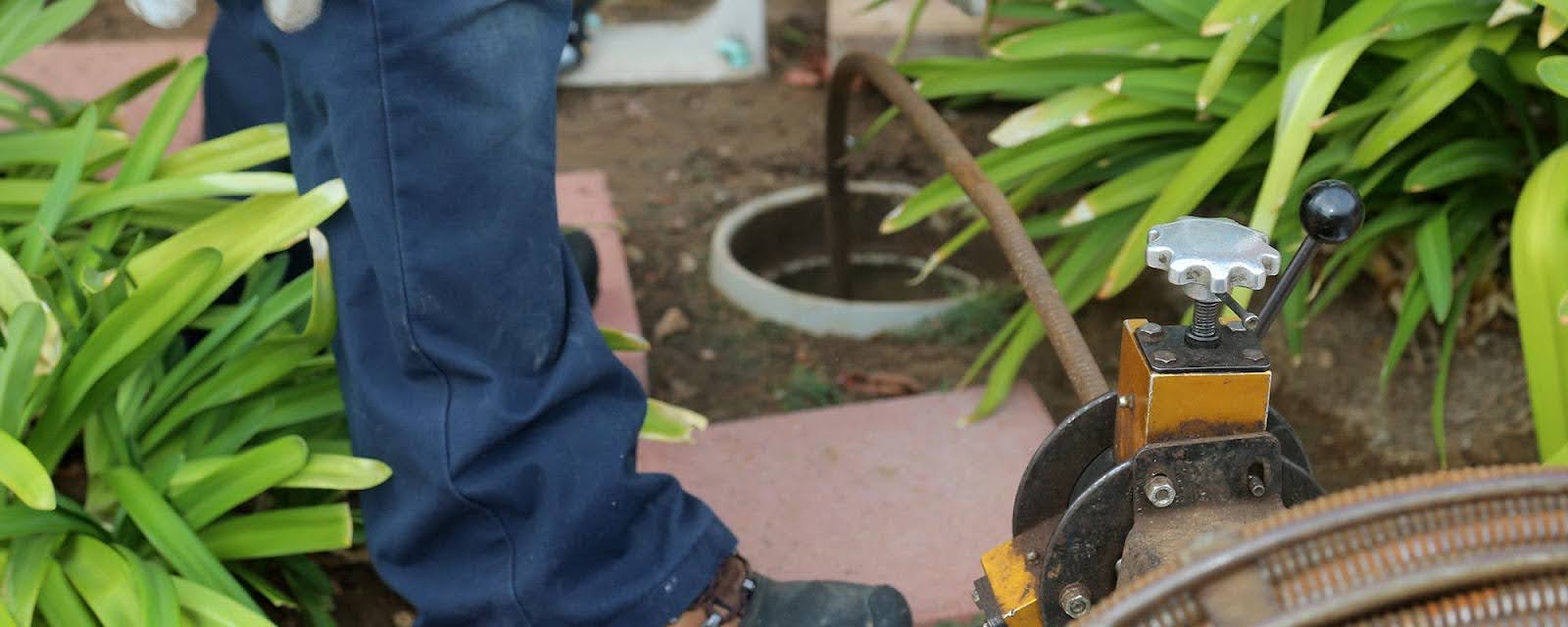A sewer backup is one of the most frustrating and unpleasant plumbing issues a homeowner can face. It can lead to foul odors, water damage, and even health hazards. Understanding the main causes of sewer backups can help you take the necessary steps to prevent them. At Aquatech Sewer & Plumbing, we’ve seen it all—here are the top culprits behind sewer backups and how to avoid them.
Tree Roots Invading Pipes
Tree roots naturally seek moisture, making your sewer lines an easy target. As they grow, they can break through small cracks in pipes, eventually causing blockages and even pipe collapses.
Prevention: Regular sewer inspections can catch root intrusion early. If you have trees near your sewer lines, consider root barriers or professional root cutting services. Hydro jetting can also clear out minor root growth before it becomes a major issue.
Clogged Drains from Household Waste
Everyday items that go down the drain can lead to serious clogs. Common culprits include grease, food scraps, hair, paper towels, feminine hygiene products, and “flushable” wipes (which aren’t really flushable). These materials can accumulate in your pipes and restrict the flow of wastewater.
Prevention: Avoid pouring grease down the drain—let it cool and dispose of it in the trash. Use drain strainers to catch hair and debris in sinks and tubs. Stick to flushing only toilet paper to prevent unnecessary buildup.
Heavy Rain and Flooding
Sewer systems are designed to handle a certain amount of water, but heavy rain can overwhelm them. When stormwater enters sewer lines, it can cause backups into homes, especially if there are cracks or leaks in the system.
Prevention: Make sure your home has proper drainage, including sump pumps and backwater valves. Regular sewer maintenance can help detect and repair cracks before they allow excess water to enter.
Broken or Collapsed Sewer Pipes
Over time, sewer lines can deteriorate due to age, shifting soil, or poor installation. Older homes, especially those with clay or cast-iron pipes, are more prone to damage. A collapsed pipe will restrict flow, causing waste to back up into your home.
Prevention: If your home is older, consider having a camera inspection of your sewer lines. This can identify cracks, misaligned joints, or collapsed sections before they lead to a full-blown backup. If necessary, pipe relining or replacement may be required.
Sewer Line Blockages from City Sewer Issues
Sometimes, the problem isn’t with your home’s plumbing but with the main sewer system. If city sewer lines become clogged or damaged, waste can back up into your home. Unfortunately, this is out of your control, but there are still steps you can take to protect your property.
Prevention: Install a backwater valve, which helps prevent sewage from flowing back into your home. If you notice multiple homes in your area experiencing sewer backups, contact your local municipality to report the issue.
What to Do If You Experience a Sewer Backup
If your drains are slow, you hear gurgling noises, or you notice sewage backing up into your sinks or toilets, act fast. Avoid using water in your home until the issue is resolved. Call a professional sewer and plumbing service, like Aquatech Sewer & Plumbing, to assess and fix the problem before it worsens.
Final Thoughts
Sewer backups are a messy and costly problem, but with the right precautions, they can often be avoided. Regular maintenance, proper disposal habits, and professional inspections go a long way in keeping your sewer system running smoothly.
If you’re experiencing sewer issues or want to schedule a preventative inspection, contact Aquatech Sewer & Plumbing today. We’re here to keep your home safe, clean, and free from plumbing headaches!




